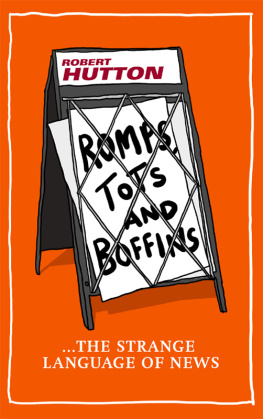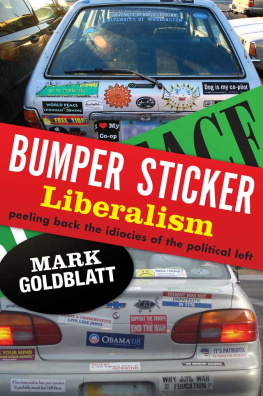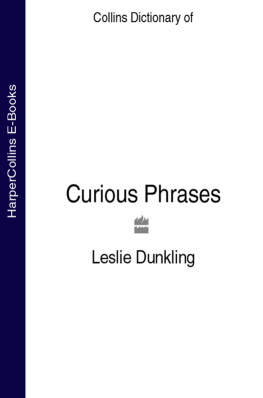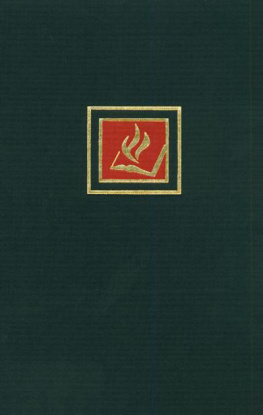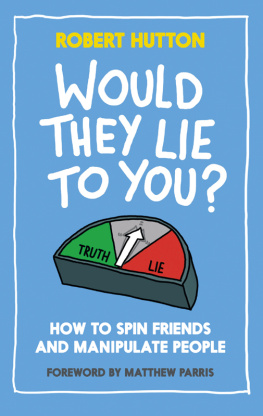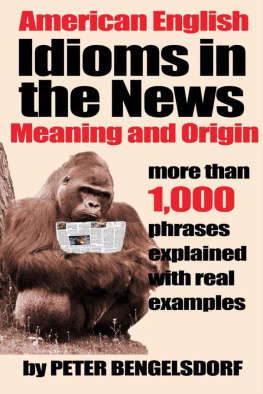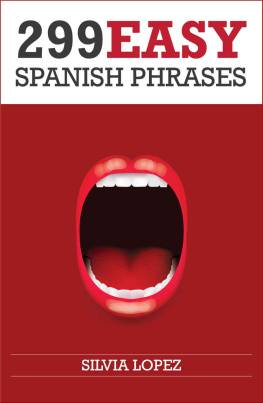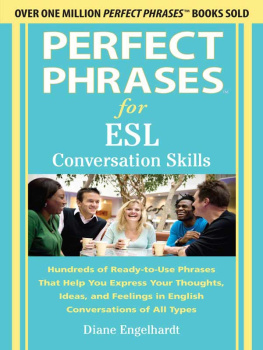
First published 2013 by
Elliott and Thompson Limited
27 John Street, London WC1N 2BX
www.eandtbooks.com
EPUB: 978-1-90965-344-3
MOBI: 978-1-90965-345-0
Text Robert Hutton 2013
All rights reserved. No part of this publication may be reproduced, stored in or introduced into a retrieval system, or transmitted, in any form, or by any means (electronic, mechanical, photocopying, recording or otherwise) without the prior written permission of the publisher. Any person who does any unauthorized act in relation to this publication may be liable to criminal prosecution and civil claims for damages.
A catalogue record for this book is available from the British Library.
Cover Design: Mark Swan / kid-ethic.com
Typesetting: Louis Mackay / www.louismackaydesign.co.uk
CONTENTS
INTRODUCTION
News is what a chap who doesnt care much about anything wants to read. And its only news until hes read it. After that its dead.
Scoop, Evelyn Waugh
When my friend Tom worked on a weekly Glasgow paper, he had a recurring nightmare that his editor demanded he produce, from nothing and at short notice, the ultimate story to go underneath the ultimate local newspaper headline:
BOSSES
BLAST
CHIEFS!
Technically, this is an English sentence subject-verb-object but its meaning is obscure. Thats because its written in the language of newspapers. This is the world of booze-fuelled rampages and crunch talks; of troubled stars and caged sex beasts. This is the world of romps, tots and boffins. This is the world of journalese.
WHAT IS THIS BOOK?
In 2003, when I was a sub-editor on the Daily Mirror, and the paper was going through a particularly self-indulgent phase, I suggested that we should start printing footnotes, to give our poor readers half a chance of understanding what we were on about. The idea was not taken up, which was a shame, if not a surprise.
Nine years later, now a political correspondent for Bloomberg, I was sitting in an airport in Jordan, waiting for a 4am flight. This was the governments fault. Downing Street had decided that the prime minister would take a small plane with him on a tour of Arab states, with room for only a couple of journalists. The rest of us had to use scheduled flights, and that meant flying in the middle of the night.
The travelling press pack had been awake for 24 hours, in which time wed visited a camp for Syrian refugees, filed our copy, done a mass interview with the prime minister, filed our copy, joined the ambassador for drinks, filed our copy, gone for dinner, answered questions about our copy, gone for more drinks, and found our way to the airport. Queen Alia International Airport doesnt have much to divert the weary traveller, so we sat on our suitcases, told jokes, and waited for our stories to appear online so that we could put them on Twitter. As we finally queued up to board our plane, I sent the following tweet:
Travelling Lobby now compiling list of words only still in use in newspapers: boffin, tots, pal, frogman, lags... #journalese
At Heathrow I turned on my phone to discover Id hit a nerve. Fellow hacks were sending in their own additions. Vow, set to, swingeing and funnyman obviously deserved a place. In its 8am bulletin, the Today programme kindly offered pledge. By 10am I had 50 items. At 10pm the political commentator John Rentoul mused that he might be able to get a book out of the hashtag, and had to be warned off. The following evening, the list had reached 225, but we still didnt have skyrocket.
For me, maintaining the list became an obsession. I would notice a phrase, make a note of it and tweet it, and then six suggestions would be tweeted back. By the time Id dealt with them, there would be 12 more. Entire evenings disappeared. I discovered that, to a man who tweets journalese, every news story is a reason to pull out his phone.
My only comfort was the knowledge that others had caught the bug. In the coming weeks, most of the contributions came in by Twitter, but not all. I would return to my desk in Parliament to find anonymous notes stuck to my screen. Political aides would sidle up to me and mutter a phrase before disappearing, or send one-word emails and text messages. At summits, where the British press sit together at long trestle tables, hunched over their laptops, political editors would type in silence, stare at their screens, and then shout: Have you got thinly veiled threat?
I applied strict rules for the list, varied only when I felt like it, or changed my mind, or forgot a previous decision: the collection is of words and phrases that either only appear in news reports or that have a special meaning in journalism.
A couple of weeks into the Journalese Project, as it became known, a reporter from one of our leading tabloids took me aside. Were worried that if you keep this up, we wont be able to write anything at all, he said. But Im not trying to ban words.
Others took the opposite view: more than one person suggested to me that the list could be a useful reference for hacks approaching deadline and short of a word. Help yourselves, but thats not what its for.
A third use was proposed by the Leader of Her Majestys Most Loyal Opposition, Ed Miliband. On a tour of Scandinavia that I was covering, his aides explained the Journalese Project to him. He was sceptical at first, but as we gave him examples, he began to join in. When our plane landed with a disturbing thump, he turned to me and said: Leader Of The Opposition In Mid-Air Drama. His teams only comment on a piece I wrote about him was on the headline: Surely woo is journalese? an aide commented drily. On the third morning, Miliband came over at breakfast: Your journalese game is obsessive. I woke up at 2am thinking gainsay.
It hadnt struck me that it could be a game, but Miliband had a point. The easiest way to play it is to give each player a different newspaper. They go through it, scoring a point for each item on the list that they can find. The player with the FT scores double.
But while this book may serve as a campaign for fresher writing, or a handy thesaurus for unfresh writers, or a game for two or more players aged eight and up, I dont see it as any of those.
To me, its footnotes for newspapers. Finally, readers will be able to understand what reporters are really trying to tell them. Why not ask your newsagent to deliver a copy of the book every day, along with your paper? Then you can cut out the relevant notes, and paste them at the bottom of each page. Or, if youve embraced the modern world, to the screen of your tablet.
Piers Morgan was editor and, seeing that he had fallen 10 places in the Guardians Media Power List, commissioned a three-page list of The 100 Least Influential People in Britain, where he wrote rude things about people he didnt like. The surprise on days like this was not that circulation fell, but that anyone bought the paper at all.
The collective noun for political correspondents is the Lobby, from our historic right to stand in Members Lobby outside the chamber of the House of Commons and try to speak to MPs.
WHAT IS JOURNALESE?
Tecs Quiz Tug-of-Love Gymslip Mum On Murder Bid. All right, I made that one up. But headlines only a touch less ridiculous appear in British papers every day. Theyre written in journalese, a language spoken, generally unconsciously, by tens of thousands of journalists, and apparently understood by their millions of readers.
Next page
